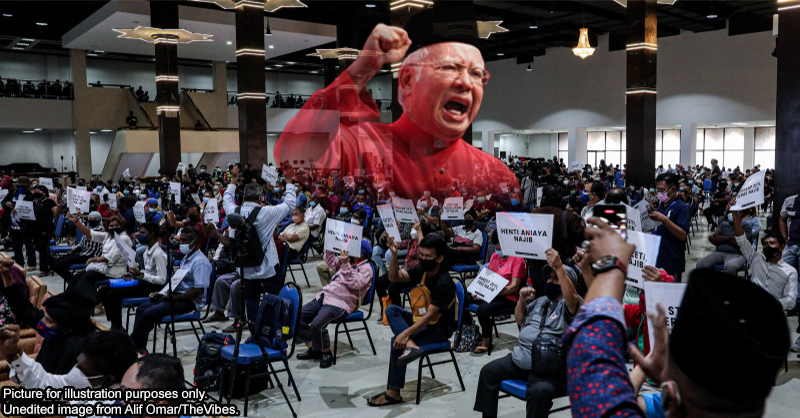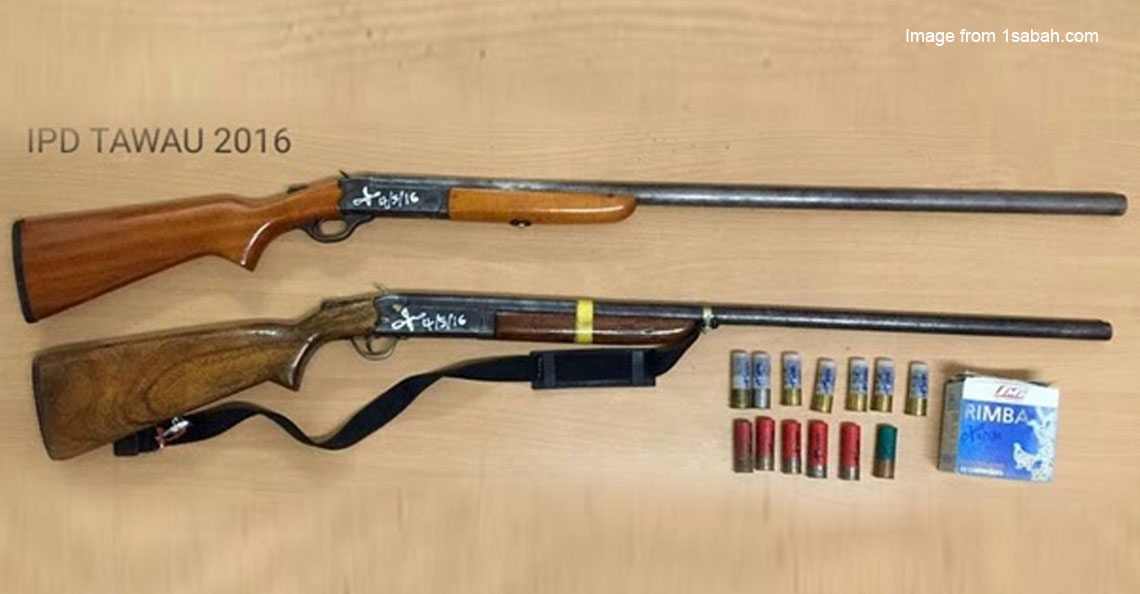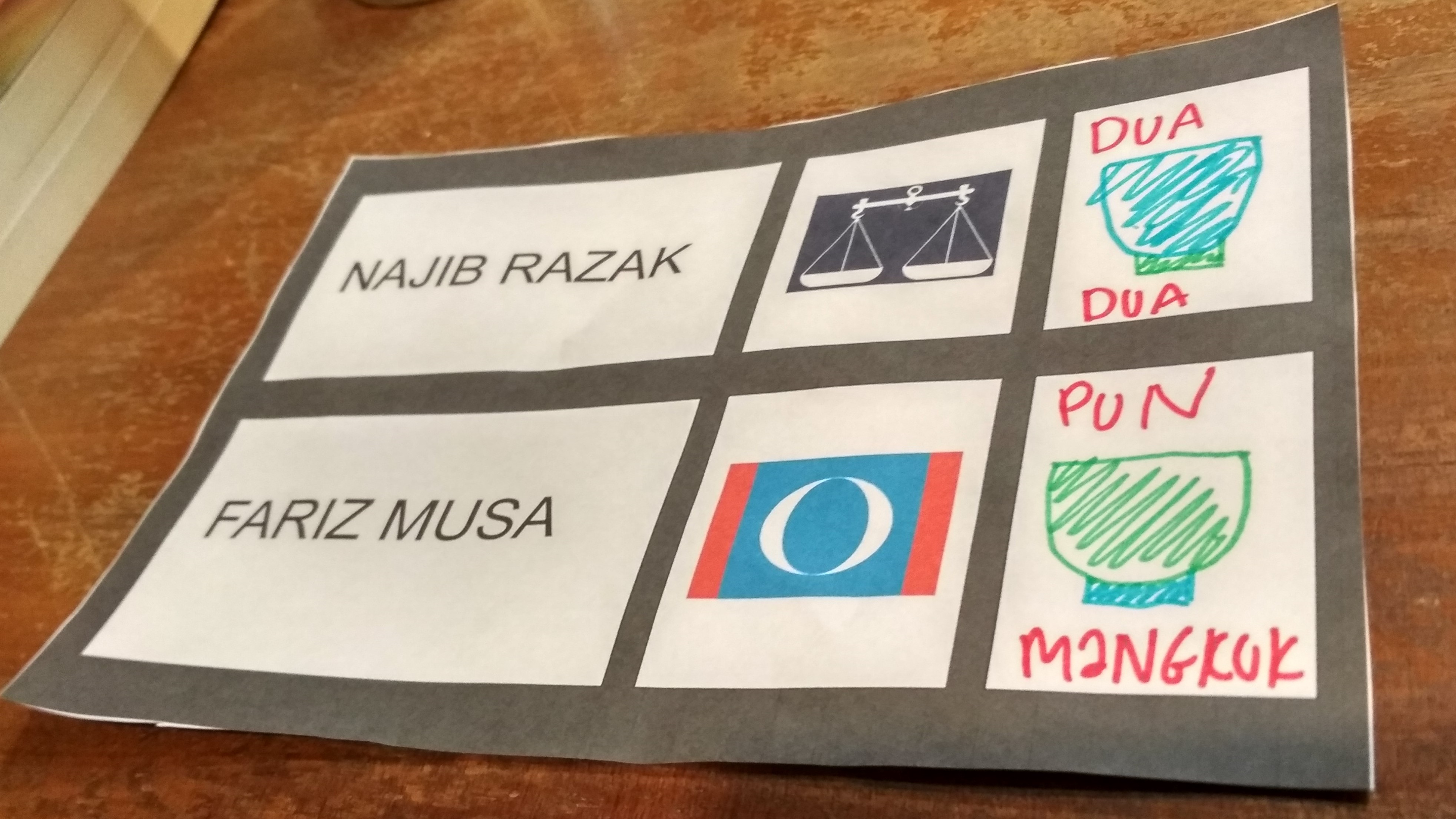Sabah just approved pre-GE14 plans to add 13 state seats. BERSIH is disappointed.

- 285Shares
- Facebook273
- Twitter1
- LinkedIn4
- Email2
- WhatsApp5
Last week, the Dewan Rakyat had approved the addition of 13 new state seats in Sabah as part of a redelineation exercise (redrawing electoral borders). With the inclusion of these new seats (Bengkoka, Bandau, Pintasan, Pantai Dalit, Darau, Tanjung Keramat, Limbahau, Tulid, Telupid, Sungai Manila, Lamag, Segama and Kukusan), Sabah now has 73 state seats in total.
The motion to add those seats was passed unanimously, with 158 parliamentarians from both sides having voted for it and none against it. However, outside parlimen, things weren’t so agreeable. Bersih 2.0 had been complaining about it some time before it happened, calling for Dr Mahathir to drop the proposal from the Dewan Rakyat and urging MPs not to vote for it.
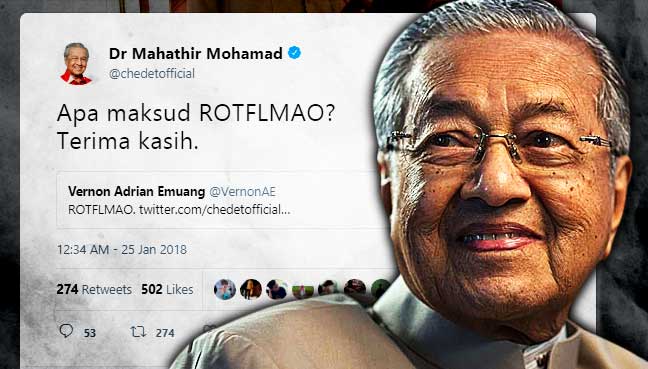
Perhaps most notably, they were reported to have ‘went rogue‘ and revealed the redelineation report to the public a day before it was supposed to be tabled in the Parliament, breaking the embargo on the document. The move would have imposed on them a fine of RM1,000, but they stressed that it was a necessary move, as the public needs to know the contents of the reports before the MPs take a vote on it. Btw, you can access the report here.
“Bersih 2.0 offers to pay the fine of RM1,000 to the Speaker’s office for breaking Parliament’s embargo. We express deep disappointment that the public is kept in the dark on this important decision, as no media could report on the report.
We believe that the public must be informed of the report’s content before parliamentarians vote on it, and have no choice but to violate the Houses of Parliament (Privileges and Powers) Act 1952 to reveal the full contents of the report,” – Bersih 2.0, as reported by The Star.
We found this all kinda strange since we recently wrote about how the current SPR actually has ex-BERSIH people on the board. But that’s actually irrelevant because…

…the new SPR guys didn’t actually have anything to do with the 13 new state seats.
The 13 new seats and redelineation were proposed way back during Najib’s time

“SPR’s role finished when the report was submitted to the Prime Minister in 2017. It was then the prerogative of the PM to table the report and up to MPs to pass the report or not. For SPR now, our priority in delineation is to review the processes and policies that have been used in the past to ensure SPR abides by the principles set out in the Constitution, including the 13th schedule.
This includes creating clear criteria and guidelines to limit malapportionment and prevent gerrymaandering in the future, and improving the transparency of the whole process.” – Zoey Randhawa, current SPR council, former BERSIH, speaking to CILISOS
Yep. So, not only is the redelineation report old, but actually the entire proposal of 13 new state seats had already been debated in Sabah’s State Assembly in 2016. So the contents of the report hadn’t exactly been a secret for three years already. According to Datuk Liew Vui Keong, the de facto Law Minister,
“The information in the report is not a secret … so I don’t think we need to take any action,” – Datuk Liew Vui Keong, as reported by the Star.
So yea, the government had decided not to punish BERSIH, but why is the proposal suddenly being passed now? Well, that can be said to a controversy in itself, so let’s have a look. Back in August 2016, Sabah’s legislative assembly passed an amendment to the state Constitution that allows for the 13 new seats to be created, with 55 out of 60 seats agreeing to it. This was later gazetted with Sabah’s Yang di-Pertua Negri consent.
It’s basically ready to go, but it needed to be tabled in the Parliament first. The Election Commission (EC/SPR) then submitted their delineation report to then-PM Datuk Seri Najib Razak in February 2017 to be tabled in Parliament… but it never got tabled.

According to Bersih, this was possible due to a loophole in the Federal Constitution that does not set a deadline for the tabling, only saying “as soon as may be”. So no tabling, no new chairs seats. People have been puzzled over why Sabah’s redelineation wasn’t discussed (redelineations on the Peninsular were a hot topic at the time), and then-opposition politicians have filed lawsuits against the government for not tabling it, but it seemed that nothing happened, and GE14 went by with only 60 state seats contested in Sabah.
Then the government and the EC changed hands, and in June last year the new EC submitted the proposal again to Dr Mahathir, and the report was passed out to all the MPs. After much deliberation, the amendment finally went through the Dewan Rakyat with 158 of the 222 MPs supporting it in block voting. This, after almost three years in limbo.
“Although it took this parliament 82 sitting days to come around to approving the EC report, we thank Prime Minister Tun Mahathir Mohamad for tabling the EC report on Wednesday,” – Datuk Yong Teck Lee, Sabah Progressive Party (SAPP) president, to the Star.
While Bersih noted that Najib not tabling the report may have unintentionally kept the door open for a better redelineation for Sabah, the old report was passed without making any changes to it. Which brings us to the next point…
There are concerns that the report is ‘outdated’ and ‘flawed’
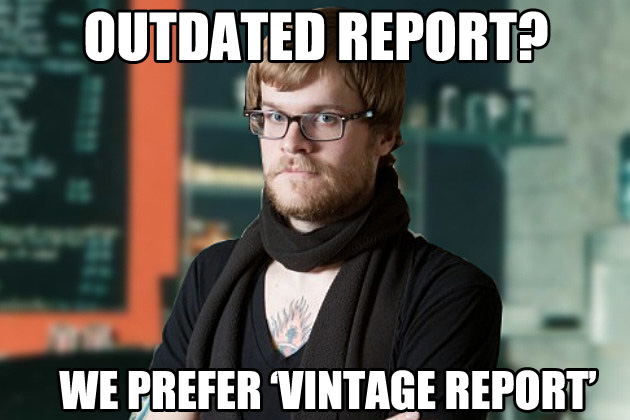
When the amendment was passed in the Dewan Rakyat, some MPs had raised their concerns about gerrymandering happening, with Awang Hashim (PAS-Pendang) pointing out that Pakatan should make some changes first before pursuing it in the House. Bersih, on the other hand, had made it clear that their bone with the report is that it may worsen the malapportionment problem in Sabah.
You can read our previous article for more detail on what those beasts are, but basically, you can manipulate the redelineation process to favor a certain party using those two things.
- Gerrymandering is re-drawing the boundaries of a constituency to include (or exclude) certain sections of voters.
- Malapportionment is packing certain areas with way too many voters compared to other areas.
It’s a bit more complicated, but that’s the gist of it lah. In a way, the previous government is allegedly no stranger to these tactics, which is perhaps why people are wary of a redelineation report from that time.
According to Bersih, this 2016 redelineation report ‘embodies severe malapportionment‘, as the biggest state seat in Sabah (N69 Sri Tanjung) would be 4.5 times bigger than the smallest state seat (N01 Banggi), a difference of 25,104 voters vs 5,485 voters. In case you didn’t see the problem, this would practically mean that a voter in Banggi would have roughly the same power as four voters in Sri Tanjung.
They also found that the number of voters in the seven largest state seats combined is double the number of voters in the eight smallest state seats. Here’s a graph they drew:
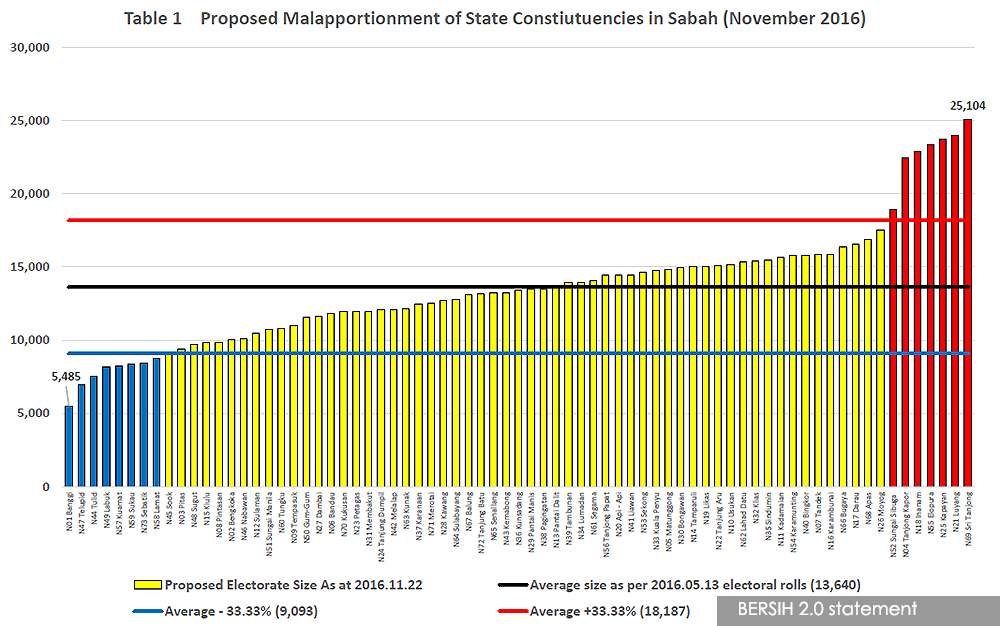
If that sounds bad, Bersih warns that it might get worse soon, with the government recently lowering the voting age and looking towards automatic voter registration. Bersih estimates the addition of some 300,000 to 400,000 voters to Sabah’s electoral roll because of those initiatives, and since they are predicted to disproportionately live in the urban areas, malapportionment will get worse in Sabah.
Bersih had initially suggested for the redelineation proposal to be dropped for the time being, and for it to be reconsidered after the electorate had been expanded. However, the proposal had already been passed, so…
Why not just redilineate redilenaite redraw the lines again?
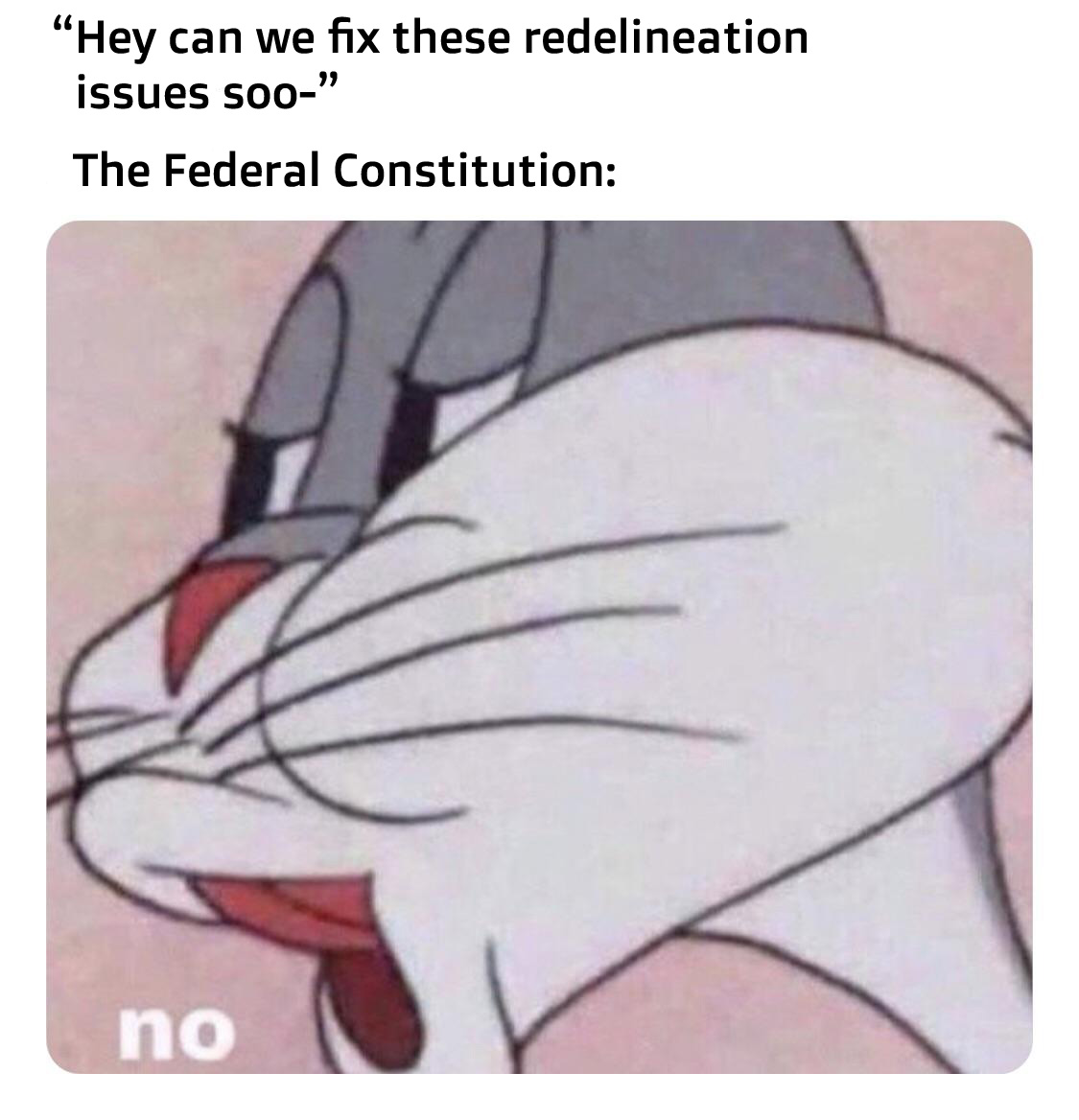
Well, because of this little thing called the Malaysian constitution.
In November last year, EC’s new chairman Azhar Azizan Harun had said that there will be no new redelineation exercises for the next seven years, because of restrictions in the Federal Constitution.
“I have said before that we cannot do it now because the Federal Constitution states that a redelineation can only be done once every eight years. If we proceed to do it, it will be unconstitutional,” – Azhar Azizan Harun, as reported by The Star.
However, what the EC will do instead is assess the latest one to see if it followed the law, and the committee will come up with ways to improve it. Liew Viu Keong, the law minister from earlier, had also rejected calls from some lawmakers to immediately look into redrawing the electoral boundaries, saying that the EC can only conduct the next redelineation exercise in Sabah in 2025.
While Bersih had earlier in the year suggested amending the constitution to allow redelineation before GE15, we heard no other news on that front, so we guess the new 13 seats in Sabah are here to stay for now.
But maybe things in Sabah won’t be as malapportioned as expected. Liew, who is also from Sabah, said other factors like population density, voter growth, geographic situation and constituency size would also be considered when redelineating, and not just the number of voters.

He had also pointed out as an example the Kinabatangan constituency (federal), which has the same size of Johor but only some 25,000 voters, and Sipanggar (federal), which doubles Kinabatangan in terms of voters (55,000) but is only 317 square kilometers large, about 57 times smaller.
“The creation of a constituency does not depend fully on the number of voters, but also the problem and difficulty faced by the voters in the rural area.
As such, it is difficult to ensure the apportionment in each constituency in Sabah because the situation of its rural seats was different in terms of topography and demography.” – Liew Vui Keong, to MalaysiaKini.
The additional seats in Sabah is said to be able to reduce the electoral gap and create balanced representation, especially in rural and remote areas in the state, where the new seats are mostly placed. And Mahathir believes the move will benefit the people, in terms of getting access to elected representatives.
“The increase in the electoral districts will also be able to raise the level of service rendered to the locals by elected representatives, especially those in those districts (which have just been added), and it will make it easier for the people and residents to interact and discuss matters relating to the welfare of the people,” – Dr Mahathir, to MalaysiaKini.
Still, we’re not sure if these responses took into account the impending growth in eligible voters. For now, we have still to hear more responses from either Bersih or the government on the matter, so guess we’ll ask you instead. Do you think some circumstances allow for malapportionment?
- 285Shares
- Facebook273
- Twitter1
- LinkedIn4
- Email2
- WhatsApp5

